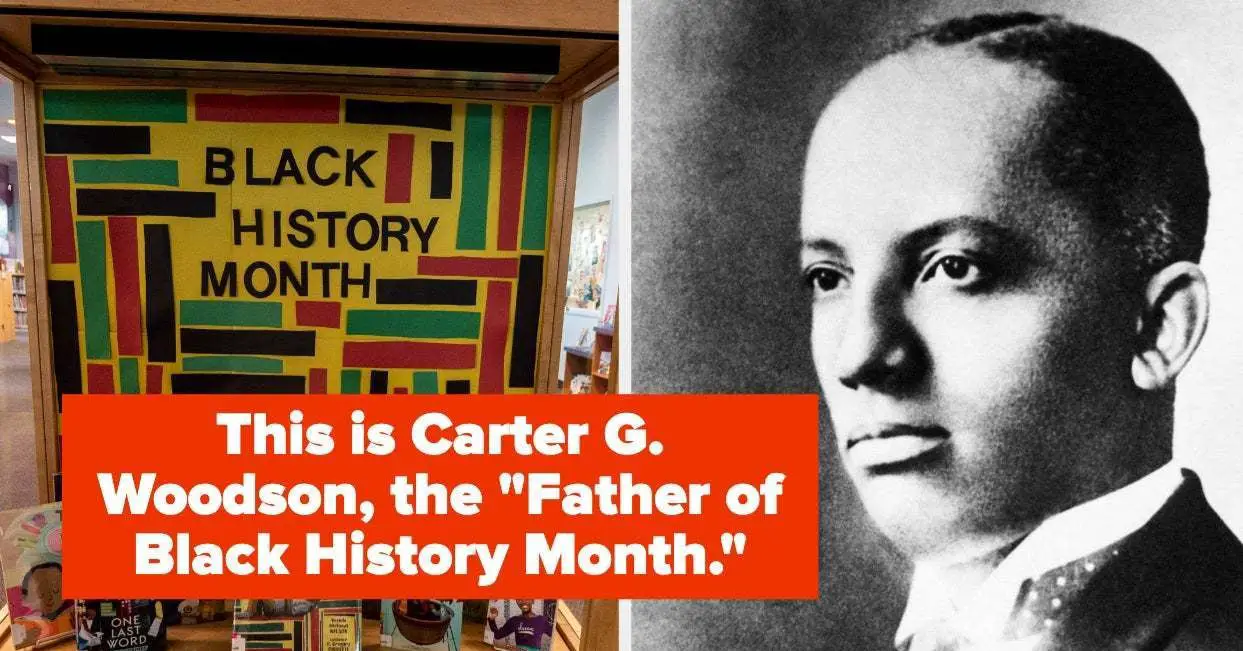As founder of the Association for the Study of Negro Life and History, Woodson was intent on changing that perception and altering the trajectory of Black Americans.
“He wrote five Black history textbooks, conducted home study courses, and developed a teacher’s journal to help teachers teach Black history,” King said.
Woodson was bullheaded on his mission, said Morris, because “he feared Blacks would be candidates for extermination if they and the broader public did not learn about their past.”
Through the books and articles he and his associates published on Black history, Woodson grabbed the attention of the nation and world.
“In his work, he emphasized the education side and also the need to improve race relations,” Morris said. “Negro History Week was widely celebrated by many Black people and the Black press. In segregated America, even white people and the mainstream press in a number of communities joined the annual celebrations.”
The creation of Negro History Week happened at an opportune, much-needed time, said Devin Fergus, a professor of history and Black studies at the University of Missouri and a John Hope Franklin fellow.
“In the broader context of the 1920s, it can be said that Negro History Week was created to push back against things like colonization, eugenics and racialized immigration policies which were affecting all folks of color who are in the U.S.,” he said.
The push for a more outsized celebration rather than just a week picked up steam as a result of the Civil Rights and the Black Power movements of the late 1960s and early 1970s, Fergus told HuffPost.
Source link











Leave a Reply